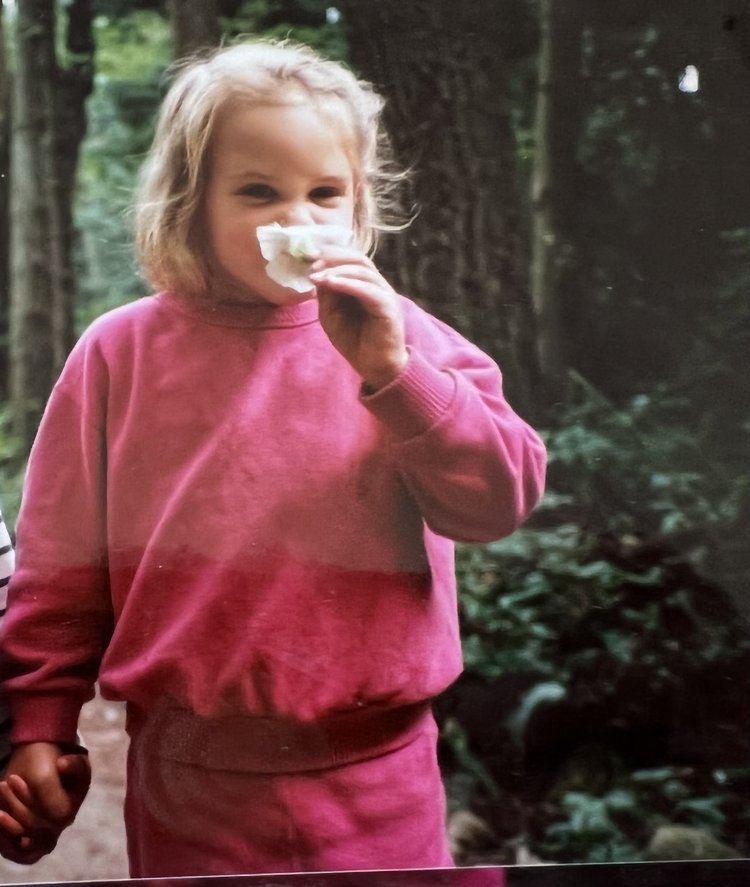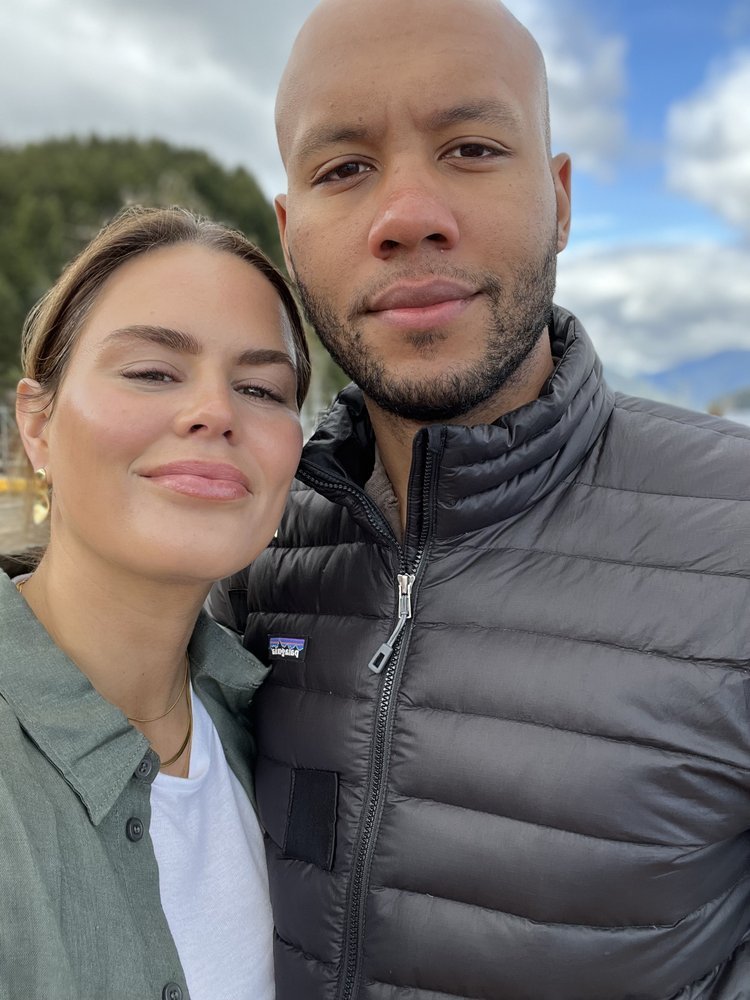The Importance of Connection
I have a recurring daydream.
In it, C and I live in a little log cabin in a meadow that’s hidden deep, deep in the woods. We have an old truck, but we rarely use it. There is a clothesline. Freshly washed linens flutter gently in the breeze. Goats and sheep wander and graze. There are chickens and ducks in a nearby pond. C is chopping wood and I’m inside working on a tincture of some sort. Our cabin is small, not much bigger than a single room. Chilli lies in front of the stove, a fire slowly dying, glowing orange and red.
And in this daydream, we rarely see other people. The nearest home isn’t near at all. It’s just us in the woods.
This week, many of my discussions, experiences, and reflections centred around the theme of connection. Specifically, connection to other people. It’s a stark juxtaposition to my daydream – a daydream in which my connections are limited to C (and Chilli). Sometimes, I can convince myself that connections are overrated and that I could thrive in an environment without other people.
I’ve always been an introvert. As a child, I dealt with crippling anxiety. Sleepovers were absolutely and unequivocally out of the question. Birthday parties required a great deal of cajoling and courage-boosting and some days even the most mundane activities, like swimming or skating lessons, church, and sometimes school seemed impossible. Thanks to incredibly supportive parents, and, later, professional intervention, I learned to manage my anxiety. I eventually went on my first sleepover, and with time, I became a seasoned ‘sleepoverer’.
Anxious lil me
Perhaps because of my introversion, or perhaps because of my anxious tendencies as a child, I embrace solitude. Last spring, C was away for work. He spent two months in Prince Rupert, and during that time, I was able to visit him once, for a weekend. C and I are independent. Although we love spending time together, we also have our own hobbies, so when he shared that this opportunity had come up for work, I was supportive. I’d miss him, of course, but I’d be fine. After all, I’m independent.
Initially, my days didn’t change. I walked or skied or ran with Chilli, morning and evening. I went to work. I cooked and baked and cleaned and wrote. I went to the post office. I watched old movies and read. And I spent time with friends here and connected with those far away. But as the weeks passed, things shifted. I started to avoid connections and I retreated further into myself. Solitude is good, I told myself. I need alone time.
Visiting C in Prince Rupert
I failed to recognize the important distinction between alone time and isolation. I skipped right over a healthy balance of time with myself and connecting with others, and allowed my days to become insular. Before I really knew it, I’d slipped into a dark and hard place. It wasn’t where I wanted to be, but I didn’t realise how I’d arrived there, and now that I was there, I didn’t know how to escape.
Days without meaningful connection can feel easier. It’s a funny thought, really. Connection is the fabric of society. It’s instrumental for any kind of meaningful forward movement as global citizens. And yet, it can feel formidable. It can feel like work. Sometimes the easier option feels like cozy pyjamas on the well-worn couch with the company and faux-comfort of imaginary people who live in a narrative constructed by Hollywood screenwriters.
Last week, we had a community dinner here in Beaver Creek. These gatherings were common in times pre-dating 2020, but this was my first. It was a traditional Christmas dinner with all the trimmings: turkey, ham, stuffing, potatoes, gravy, cranberry sauce, all the side dishes and appetizers you might imagine. It was lovely. Elders were present and children were, too. I noticed one person pull out an early 2000s era camcorder to film the community enjoying the feast, together. A construction worker temporarily stationed in Beaver Creek on a project stood up as he left, and in a booming voice said, “Thank you all for having me and a merry Christmas!”
Recently, I’ve been listening to recordings of Ram Dass. One of his lessons particularly resonated. He was speaking of the ways in which we armour our hearts with our thoughts and mind. In doing so, we allow our mind to cut us off from our heart and this contributes to an emotional starvation of sorts as it is through our intuitive heart that we are nourished. The result is alienation from family and community, and further, greed and separateness. A focus on external freedom serves to reinforce separateness. I’m paraphrasing, of course, but what he emphasized was the importance of connection, and beyond that, connection that comes from the heart.
Living where I do, connection is interesting to reflect upon. On the one hand, connection is heightened in a community of 90. We’re nearly 500 kilometres from the closest small city of Whitehorse and the closest community similar to ours in size is 200 kilometres away. On the one hand, this geographic isolation makes connection necessary for survival. On the other hand, the size of the community makes connection look different from what it might be in the city. One can easily go an entire day, or more, without interacting or connecting, or even seeing a single person.
Ram Dass’ teaching speaks not only to the social and emotional health of the individuals, but also to the well-being of communities as a whole. It is through connection that we learn about others’ experiences and beliefs, and without connection, it becomes difficult to practice empathy.
I wonder about the ways in which we prioritize (or fail to prioritize) connection. In an increasingly individualistic society, does connection fall by the wayside? And really, will what we value more than connection cause us to become so disjointed as a collective that it causes irreparable damage?
I don’t know the answers, but what I do know is that reflecting on this has inspired a desire for connection. It has reminded me that while being content with solitude is healthy and important, togetherness is equally so. A balance must be struck. Solitude is important because it contributes to personal development, self-love, and creativity, but it is connection to others that strengthens the community and thereby the collective spirit.
I need my alone time, but those two months of having that in spades taught me that I also need others.





